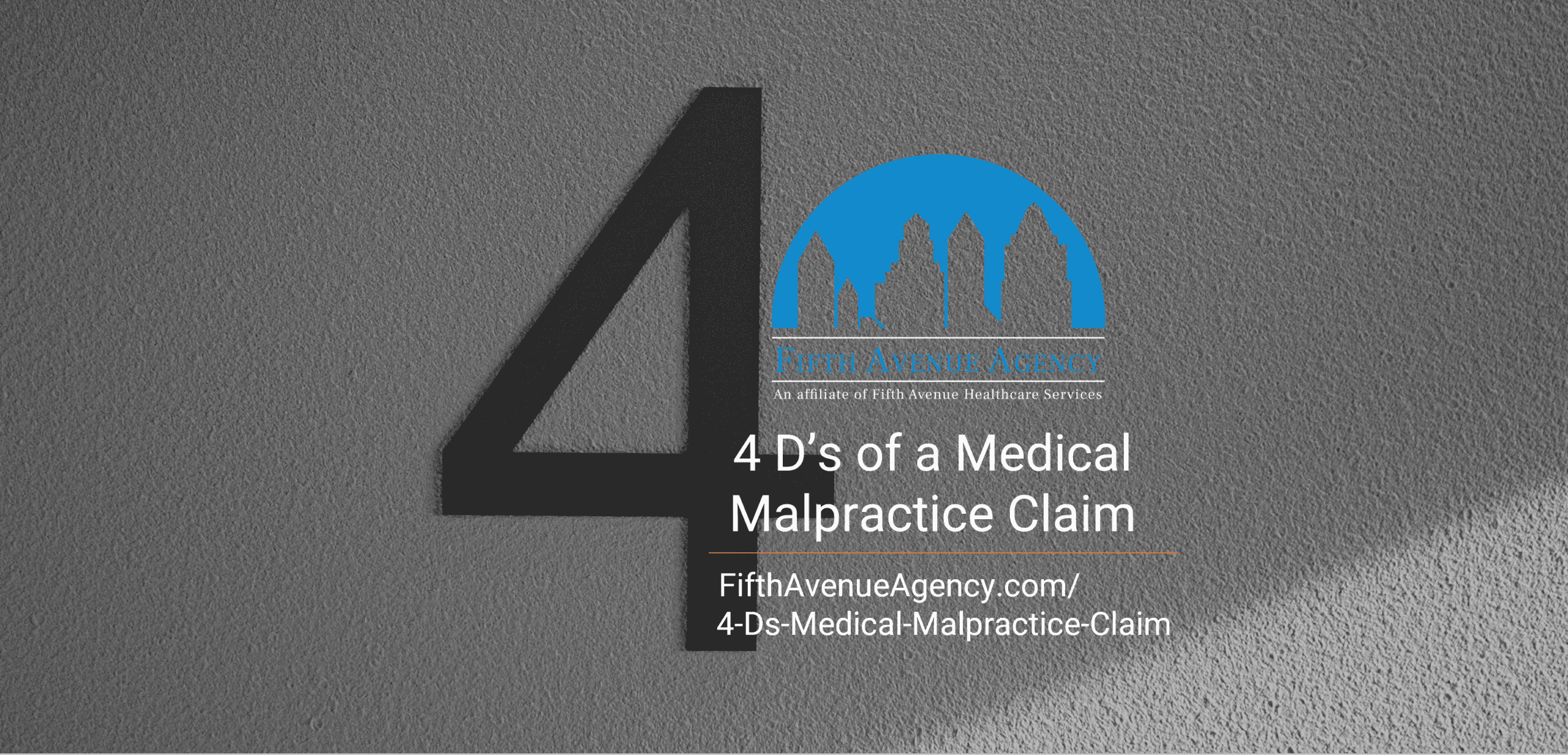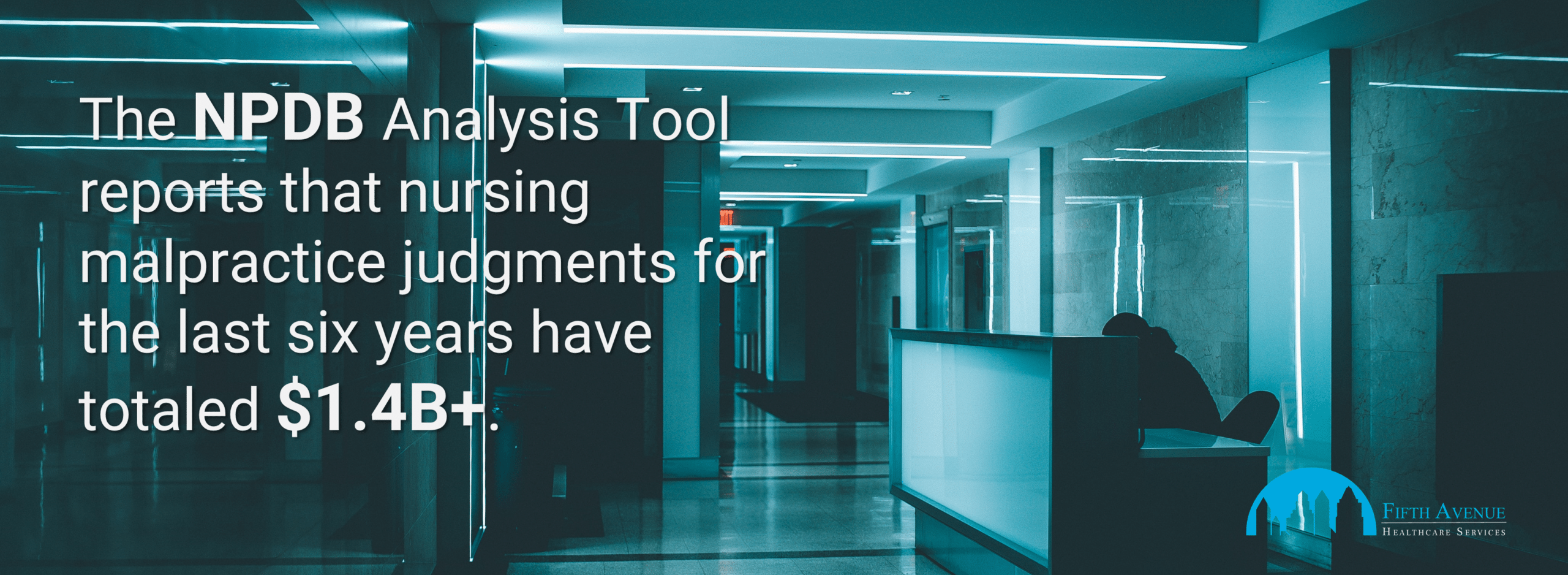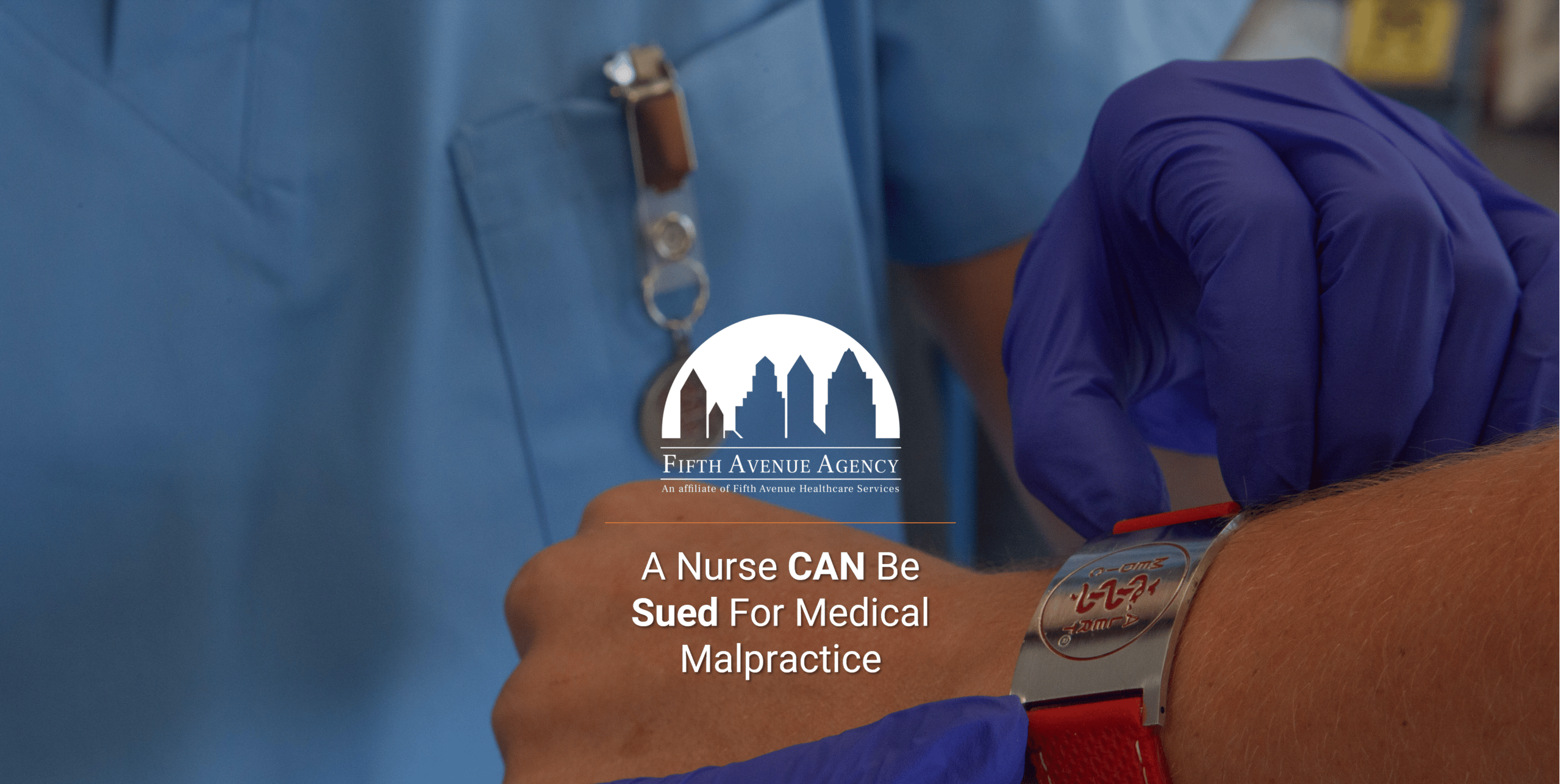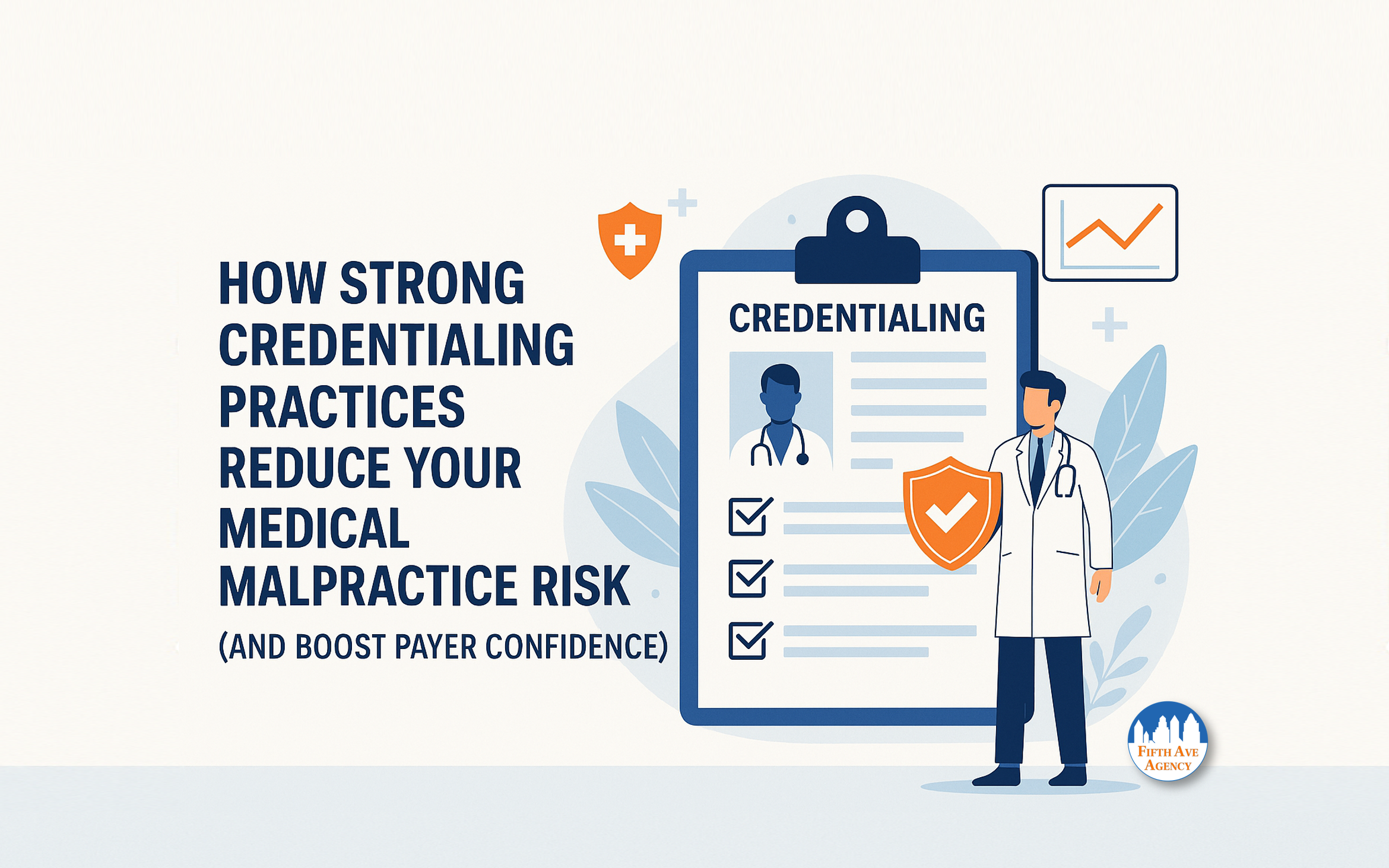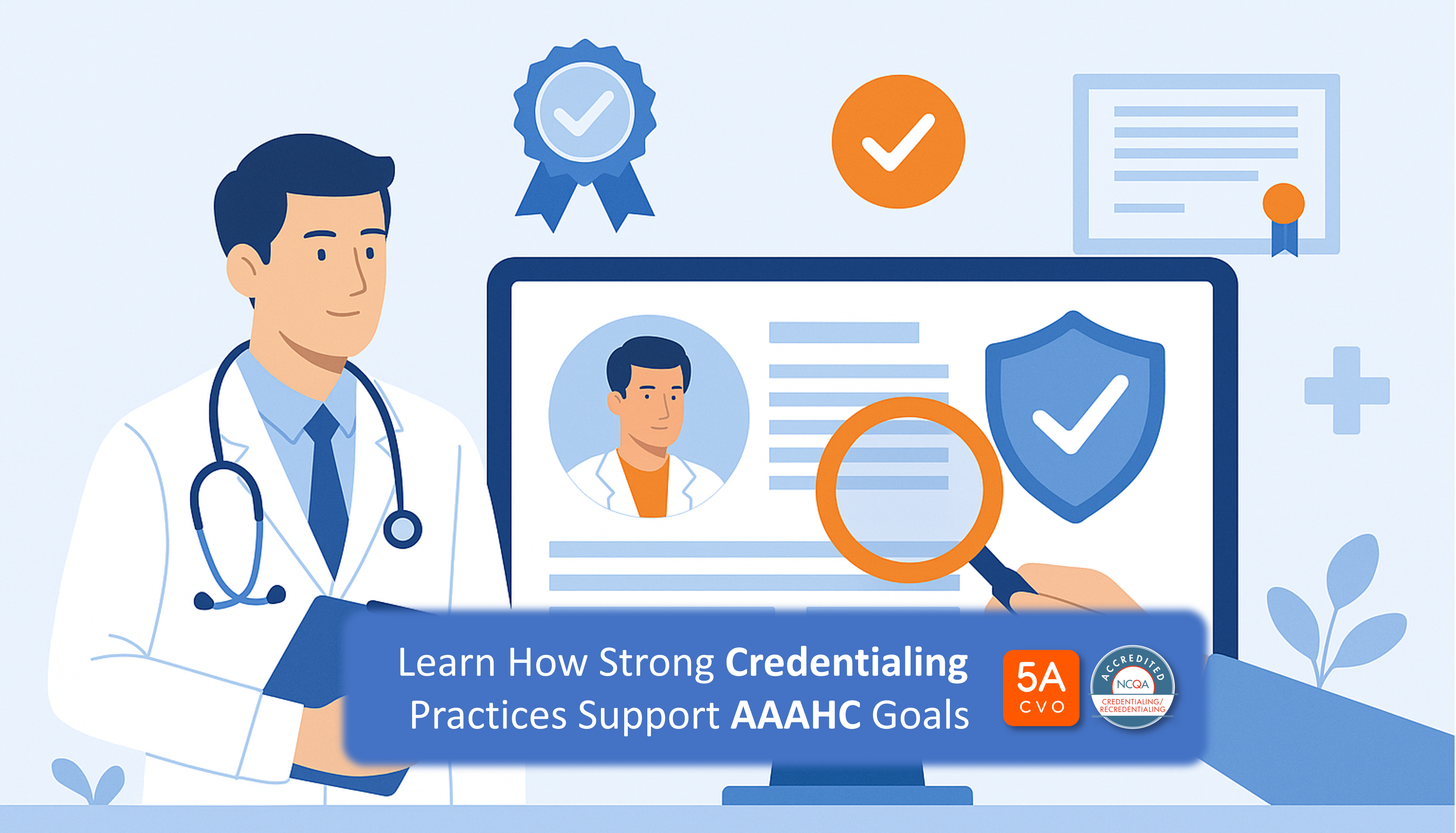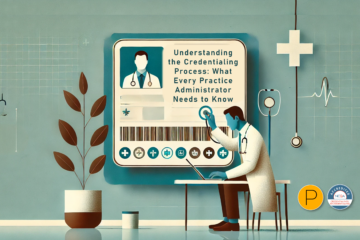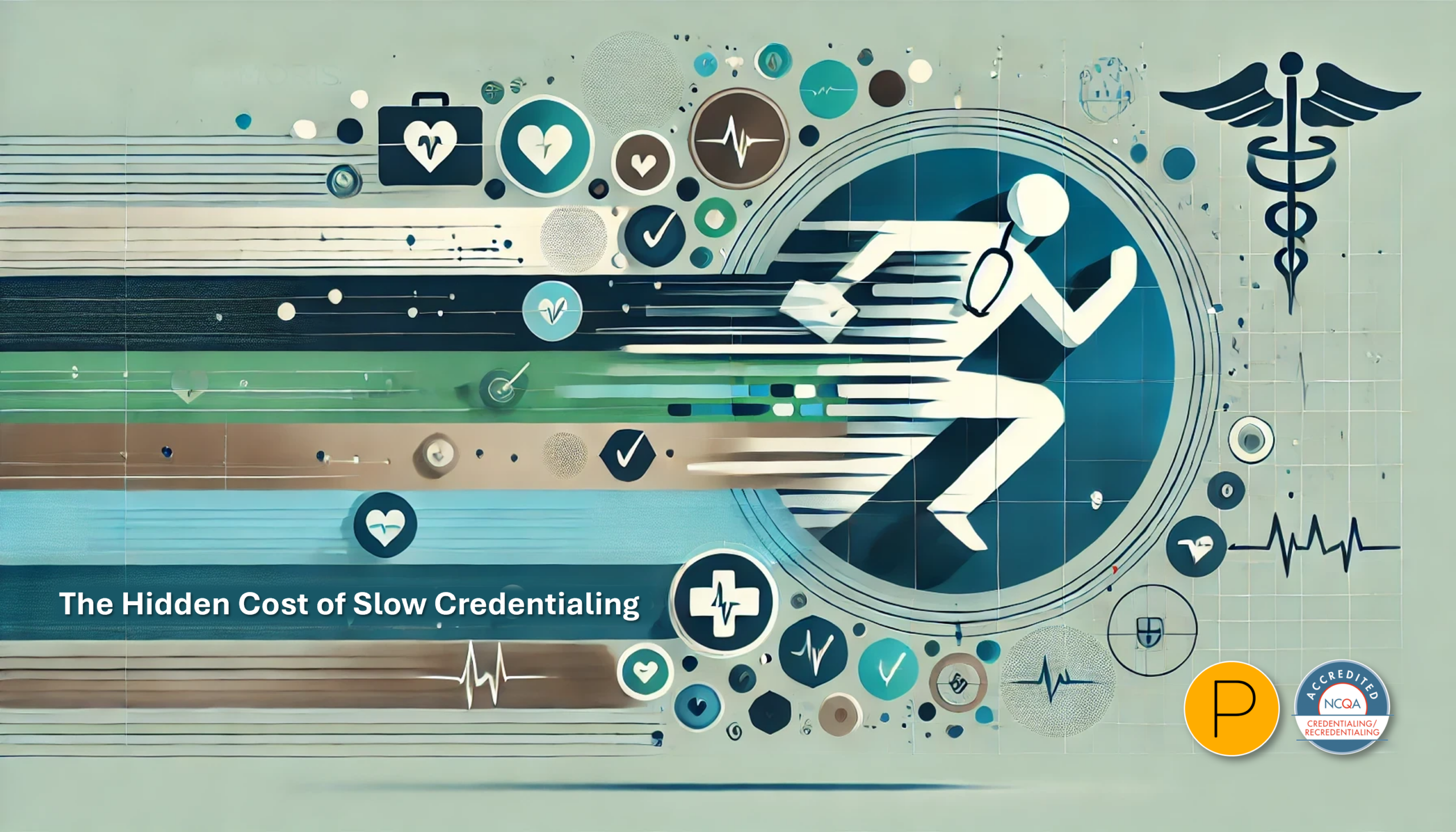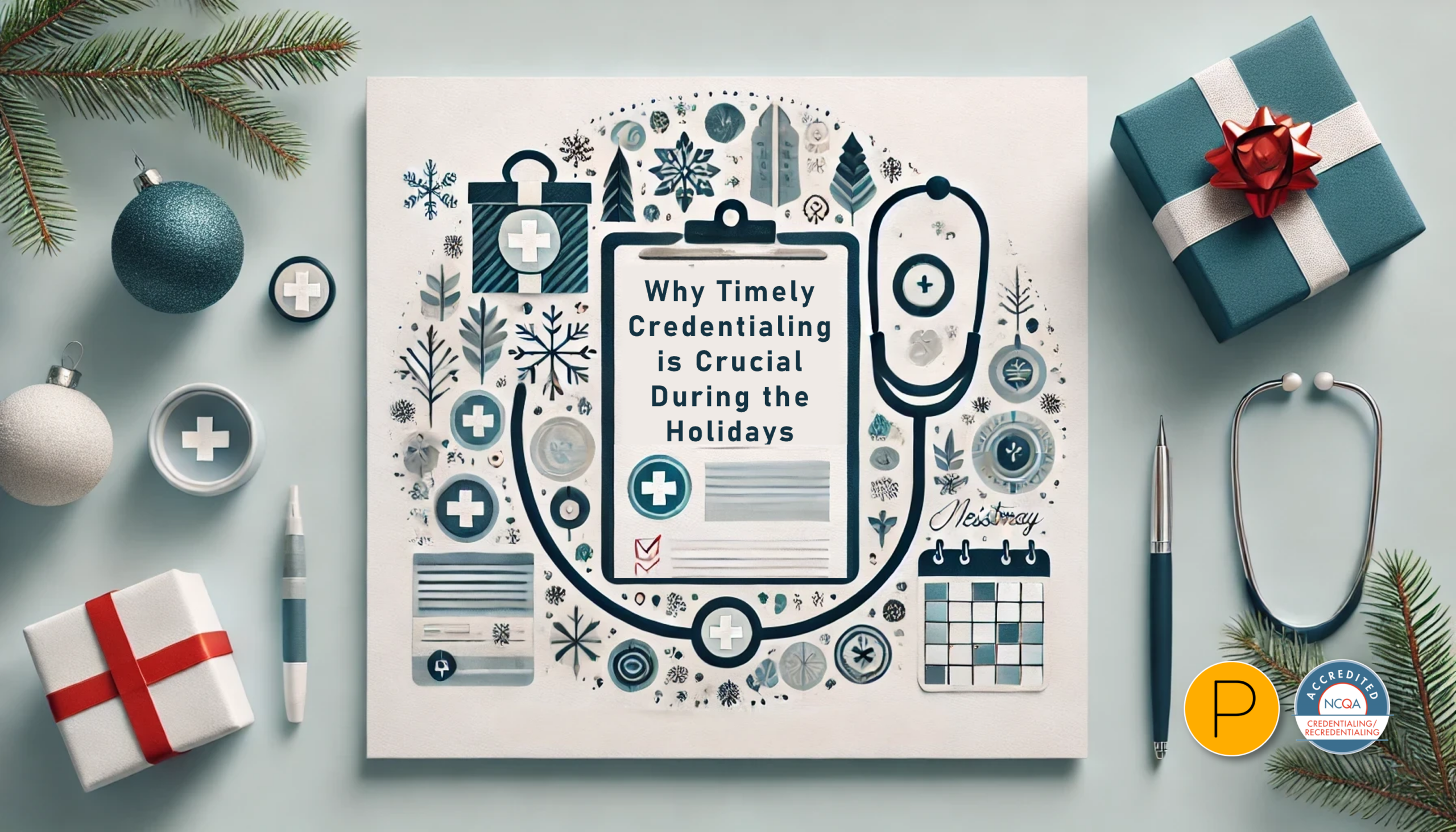Can a nurse be sued for medical malpractice? Nurses, like all physicians, can make mistakes while treating people. All healthcare providers are held to a particular standard of care. Nurses are expected to perform their job at the highest level in every situation. While accidents happen, let’s examine what constitutes medical malpractice and how this definition applies to a nurse.
Medical malpractice is a healthcare provider’s negligent act that harms a patient. A person might claim medical malpractice if a healthcare provider makes errors during the diagnosis, treatment, aftercare, or health management processes.
Litigation stemming from malpractice claims can be time-consuming, costly, and nearly inevitable. Damages can bankrupt a provider and ruin their chances of treating patients ever again. According to the New England Journal of Medicine, 75% of low-risk and 99% of physicians in high-risk specialties will face a medical malpractice claim by age 65. The same study states that the average payout is approximately $274,000.
When nurses fail to act per the standard of care for their specialty, they might be held legally responsible for any negligence resulting in injury. A nurse can be sued for medical malpractice just like a physician.
Any healthcare provider who commits negligence can be sued if the four elements of malpractice can be proven.
Here are the 4 Ds of Medical Malpractice:
- Duty: The provider and the patient must establish a professional relationship. It is understood that within this association, the provider will care for the patient to the best of their abilities.
- Direct Cause: The injured patient must demonstrate that their provider’s negligence directly caused their injury. The provider’s deviation must have produced the damage, not an intervening event.
- Dereliction: The provider caused harm in a way that a more competent person would not have. Proving dereliction often requires expert testimony from other medical professionals.
- Damages: A patient can only sue if they have undergone harm due to a provider’s negligence. Examples include physical pain, mental anguish, additional medical bills, and lost earning capacity.
A nurse can be sued for medical malpractice. Although nurses have different duties than doctors, nursing medical malpractice is viewed as serious as negligence committed by their counterparts.
Instances of nursing medical malpractice claims can involve:
- Failing to communicate with other members of the medical team.
- Not documenting a patient’s health history or treatment plans.
- Neglecting to follow the accepted standard of care.
- Not monitoring a patient.
- Misusing equipment.
For example, this story from nurse.com shows a jury found that the nurse’s negligence resulted in the deceased patient’s death and awarded the deceased patient’s son $500,000. If a nurse’s action or inaction can be proven to have caused injury, then the patient may be able to sue the nurse, the attending and supervising physician, and the hospital that employed the nurse.
Does a nurse need medical malpractice insurance?
Some states and employers require nurses to have the proper liability coverage. For instance, APRNs (advanced practice registered nurses) practicing in Florida must be covered by malpractice insurance unless they qualify for an exemption. Nurses should obtain affordable malpractice insurance wherever they work.
The National Practitioner Data Bank’s Data Analysis Tool reports that nursing malpractice judgments for the last six years have totaled over $1.4 billion. Nurses have been responsible for 56% of malpractice claims since 1990—these figures back the seriousness of litigation and the need for medical malpractice insurance.
Professional liability insurance helps cover nurses against claims of errors made by them while performing their job. Having insurance is not an admission of sub-standard skills. It is a level of protection that guards finances.
Uninsured nurses sued for malpractice can see damages taken from their assets. Even if the claim is proven to be false, the legal costs can become overwhelming. Insurance helps defer any expenses stemming from a lawsuit.
Besides the financial devastation, job prospects might dwindle after a lawsuit. Any history of malpractice will be discovered during the credentialing process. Prospective employers might not take a chance hiring someone who was proven to be negligent in the line of duty and not adequately insured.
Nurses should not rely on their employer’s insurance if they are even covered in the first place. Having an independent policy can grant nurses more control over their side of a lawsuit. Plus, their policy is not dependent on what their employer carries. If they change jobs, they might be able to take their coverage with them.
Medical malpractice insurance is necessary for healthcare providers, nurses included. With almost every medical professional facing a malpractice claim by age 65, the proper medical malpractice policy can be an invaluable tool to help mitigate the financial risks associated with medical malpractice litigation.
Read more about this topic in our expanded article on Nurses Can Be Sued For Medical Malpractice, Part II.
More information about Fifth Avenue Agency
Fifth Avenue Agency specializes in MPLI and medical malpractice insurance, serving 1000s of providers nationwide. Fifth Avenue Agency is part of the Fifth Avenue Healthcare Services family. Sister companies include 5ACVO (credentialing and primary source verification specialists) and Primoris Credentialing Network (credentialing and provider enrollment specialists with 54+ health plan and network provider enrollment options).
Fifth Avenue Agency initially published this article here. For information on Fifth Avenue Agency, please visit FifthAvenueAgency.com or Contact Us.




